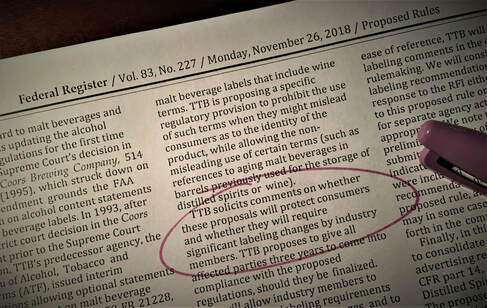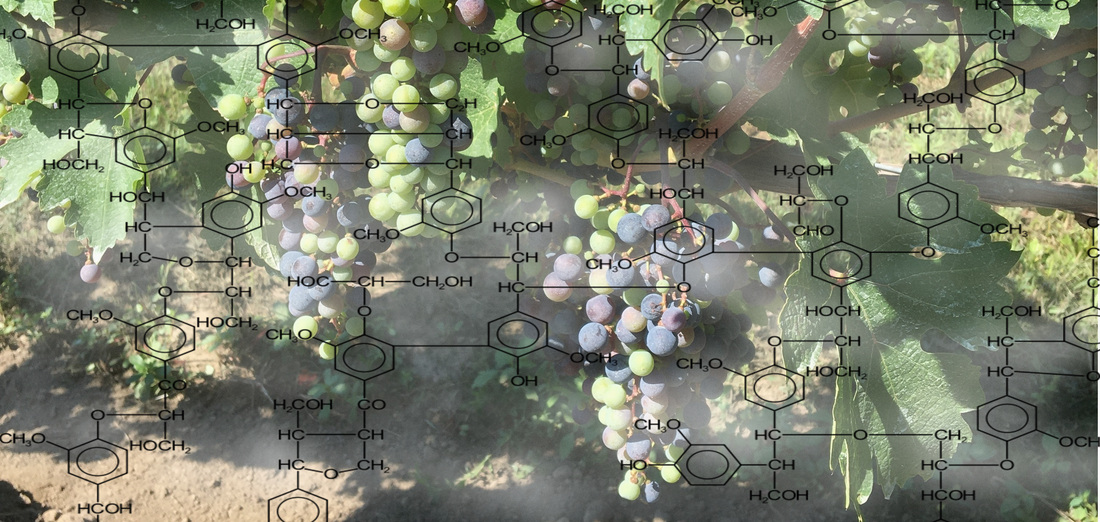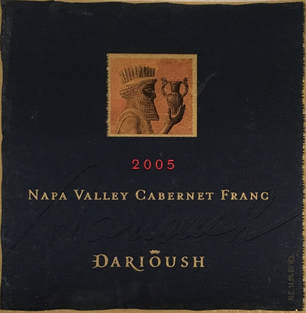I first met Christian Layke almost three years ago, while he was still the head brewer at Gordon Biersch in Rockville, MD. At that first meeting, I knew immediately that this was going to be a very different brewery client. His dreams were huge and anyone else wanting to take on the scale of project he was describing, I would have thought them crazy. Not Christian. He was aiming high, but something told me he could hit his target. Later, when I met his business partner, Brett Robison, who was the General Manager at Republic in Tacoma Park, I was certain. These guys were the real deal.
| My wife and I had the pleasure of attending the Founder's and Investors party this past weekend and the place is fantastic. It's open and inviting with something for everyone. Of course, Christian is well-known for his outstanding beer, but they also have a full bar and will be open for gourmet coffee in the mornings. There are different areas of the brewery with high-top tables, picnic tables, and a more coffee-house type area. There are corn-hole boards and a foosball table with a big screen TV, but it's not a "sports bar." |














 RSS Feed
RSS Feed
